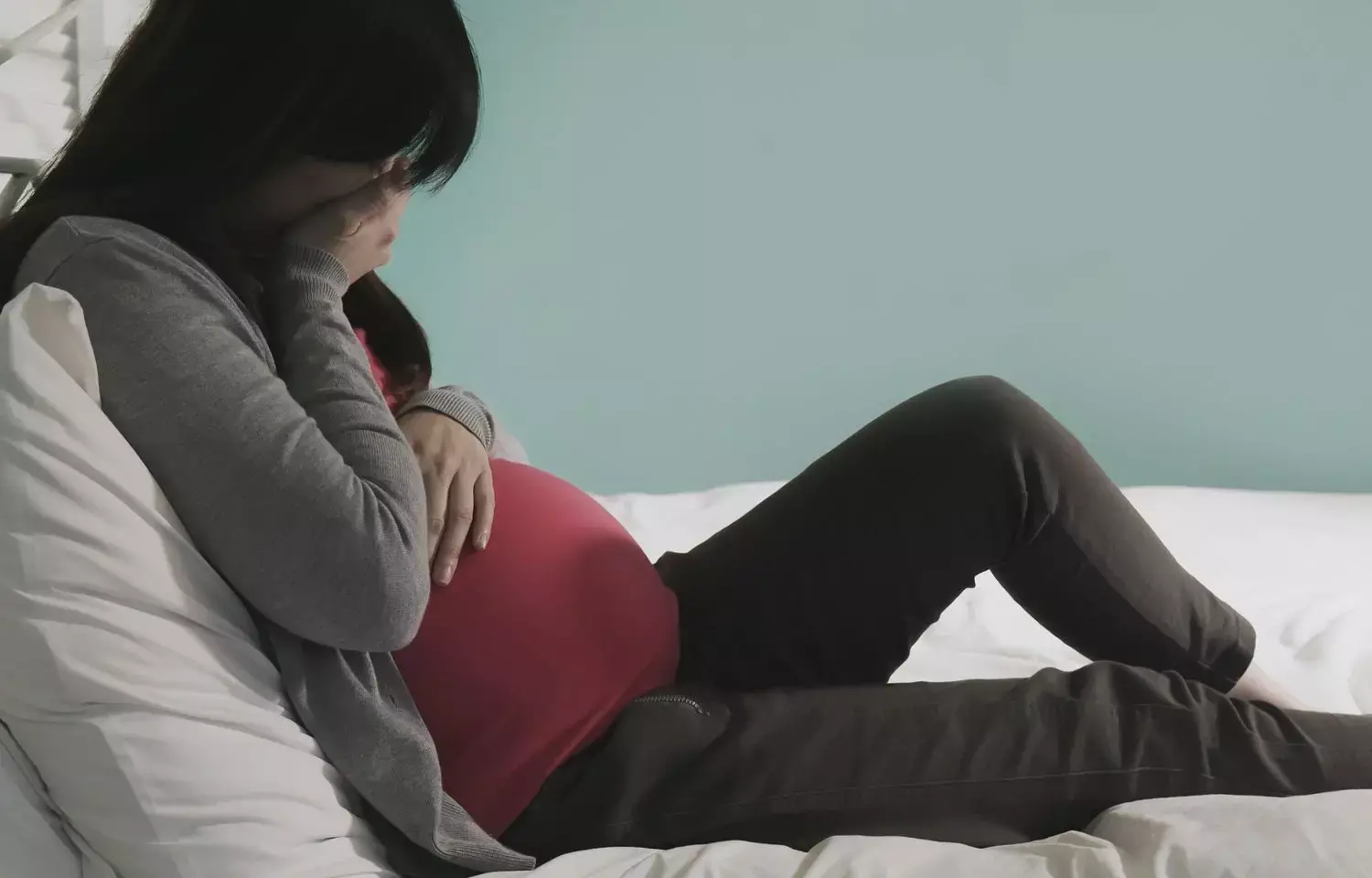- Home
- Medical news & Guidelines
- Anesthesiology
- Cardiology and CTVS
- Critical Care
- Dentistry
- Dermatology
- Diabetes and Endocrinology
- ENT
- Gastroenterology
- Medicine
- Nephrology
- Neurology
- Obstretics-Gynaecology
- Oncology
- Ophthalmology
- Orthopaedics
- Pediatrics-Neonatology
- Psychiatry
- Pulmonology
- Radiology
- Surgery
- Urology
- Laboratory Medicine
- Diet
- Nursing
- Paramedical
- Physiotherapy
- Health news
- Fact Check
- Bone Health Fact Check
- Brain Health Fact Check
- Cancer Related Fact Check
- Child Care Fact Check
- Dental and oral health fact check
- Diabetes and metabolic health fact check
- Diet and Nutrition Fact Check
- Eye and ENT Care Fact Check
- Fitness fact check
- Gut health fact check
- Heart health fact check
- Kidney health fact check
- Medical education fact check
- Men's health fact check
- Respiratory fact check
- Skin and hair care fact check
- Vaccine and Immunization fact check
- Women's health fact check
- AYUSH
- State News
- Andaman and Nicobar Islands
- Andhra Pradesh
- Arunachal Pradesh
- Assam
- Bihar
- Chandigarh
- Chattisgarh
- Dadra and Nagar Haveli
- Daman and Diu
- Delhi
- Goa
- Gujarat
- Haryana
- Himachal Pradesh
- Jammu & Kashmir
- Jharkhand
- Karnataka
- Kerala
- Ladakh
- Lakshadweep
- Madhya Pradesh
- Maharashtra
- Manipur
- Meghalaya
- Mizoram
- Nagaland
- Odisha
- Puducherry
- Punjab
- Rajasthan
- Sikkim
- Tamil Nadu
- Telangana
- Tripura
- Uttar Pradesh
- Uttrakhand
- West Bengal
- Medical Education
- Industry
Pregnant women with epilepsy have more depression, anxiety symptoms

Depression is often not discernible in people with epilepsy, yet we know that effective management of depression can improve people's quality of life.
Researchers have found in a new study that Pregnant women with epilepsy have more symptoms of anxiety and depression during pregnancy and in postpartum period compared to pregnant women who are not suffering from epilepsy or women with epilepsy who are not pregnant.
The study was published in the online issue of Neurology.
"The good news is we did not find that pregnant women with epilepsy were any more likely to have episodes of major depression than the other two groups," said study author Kimford J. Meador, MD, of the Stanford University School of Medicine in Stanford, California, and a Fellow of the American Academy of Neurology.
"However, these results underscore the importance of regularly screening pregnant women with epilepsy for any signs of depression or anxiety and providing effective treatment."
The study involved 331 pregnant women with epilepsy, 102 pregnant women who did not have epilepsy and 102 women with epilepsy who were not pregnant. The pregnant women had study visits during each trimester, around the time of delivery and every three months through nine months postpartum.
The women who were not pregnant had visits at comparable time points. At every visit, the women were screened for depression, anxiety and other psychiatric disorders.
There was no difference among the groups in episodes of major depression. However, pregnant women with epilepsy were more likely to have symptoms of depression during pregnancy than the women with epilepsy who were not pregnant had during the same time period. Postpartum, they were more likely to have symptoms of depression than both of the other groups.
During pregnancy, the women with epilepsy had an average score of 7 points on a test of depression symptoms, compared to 6 points for pregnant women without epilepsy and 5 points for non-pregnant women with epilepsy. Scores of 10 or higher indicate mild mood disturbance.
Anxiety symptoms were higher in the pregnant women with epilepsy during pregnancy than in either of the other groups. Postpartum, they were higher than in the pregnant women who did not have epilepsy.
During pregnancy, the women with epilepsy had an average score of 6 points on a test of anxiety symptoms, compared to 5 points for both other groups. Scores of 8 or higher indicate mild anxiety.
While the study did not find a higher rate of major depression among pregnant women with epilepsy, researchers did identify factors associated with major depression. Women who had more than one seizure in the past three months, were taking more than one epilepsy drug, had an unplanned pregnancy or had a history of mood disorders were more likely to have a major depression episode during pregnancy or postpartum.
"Depression is often underrecognized in people with epilepsy, yet we know that effective management of depression can improve people's quality of life and their overall outcomes for epilepsy treatment, so women with epilepsy should be monitored closely during pregnancy and evaluated when they are thinking about planning a pregnancy," Meador said.
He noted that while the study was large, not enough women were studied to allow researchers to fully evaluate the impact of individual epilepsy medications on symptoms of depression and anxiety. Another limitation is that women may not recall symptoms that occurred in between study visits.
The study was supported by the National Institutes of Health, National Institute of Neurological Disorders and Stroke and National Institute of Child Health and Human Development.
Reference:
Kanner, A.M., (2022) Can the Development of Mood and Anxiety Disorders During Pregnancy and the Postpartum Period Be Anticipated in Women With Epilepsy?. Neurology. doi.org/10.1212/WNL.0000000000201171.
Dr Kamal Kant Kohli-MBBS, DTCD- a chest specialist with more than 30 years of practice and a flair for writing clinical articles, Dr Kamal Kant Kohli joined Medical Dialogues as a Chief Editor of Medical News. Besides writing articles, as an editor, he proofreads and verifies all the medical content published on Medical Dialogues including those coming from journals, studies,medical conferences,guidelines etc. Email: drkohli@medicaldialogues.in. Contact no. 011-43720751


